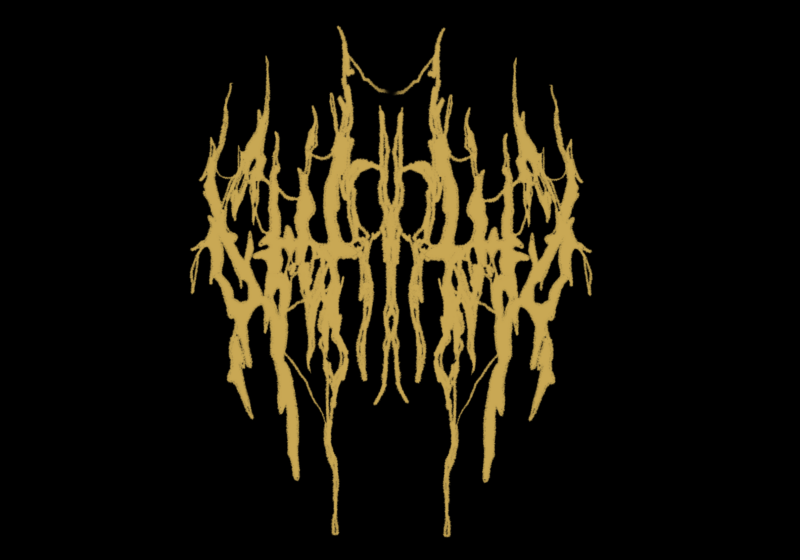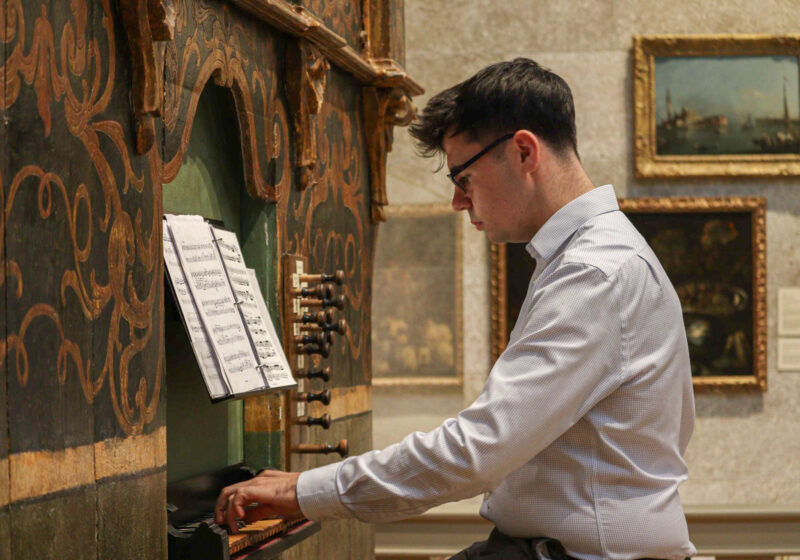On Tuesday night, Students’ Association President Alexander Pearlman delivered the 24th annual State of the SA Address, where he praised the success of the SA this year in realizing past administrations’ plans to make the SA more effective and have a greater presence with the student body.
Operating for the second year under its new constitution and by-laws, the SA has adapted the way it operates to make “more streamlined and student friendly processes,” whose effectiveness, Pearlman noted, can be seen in the increase in student organizations.
Under its new procedures, new student organizations, such as Rotoract, Nonviolent on Campus, and the Urban Exploration Club, have been added as officially recognized groups. Pearlman then shifted his attention to the SA’s new approach in group management.
With more and more groups on campus and roughly the same amount of people to manage them, the old, cumbersome system of big meetings would not have sufficed.
“While growth is an important mission, we must start thinking critically and creatively about how we can best compensate for our thinning resources,” Pearlman said.
The SA now emphasizes that networks of student groups cooperate on programming and leadership, a practice that reduces wasteful spending. Pearlman noted the success of this new approach in the SA’s and Varsity Athletes’ joint effort to create the Varsity Club Card.
Pearlman then addressed the role of the SA government as the voice of the students.
“In simplest terms, the objective of student government is to improve the lives of students,” he said.
To better realize its goal of improving the lives of students, the SA government has introduced Town Hall Meetings. At these open meetings, administrators present their plans to address student issues or make improvements on campus. The meetings have covered the future of dining, housing options, entertainment on campus and the University’s 10-year growth plan.
“These town hall meetings have become centerpieces of student government activity and have proven to be a necessary point of communication between students and administrators,” Pearlman said.
Pearlman further emphasized the SA’s commitment to “meaningful communication,” by citing the revival of the Chronicle, its monthly newsletter, which shares information about the current work of the SA with students and student groups.
Another change in the SA this year has been its new willingness to ask for help in achieving its goals. Pearlman noted that the SA’s previous propensity for independence from outside advice had “isolated itself from key administrators.”
“Now more than ever, we have sought the help that will make us the agents of change we seek to be,” Pearlman said.
Pearlman expressed his desire to see the SA continue to be involved in the projects of the University, especially its growth plan. This will ensure that the University can grow and maintain the small-school feel that appealed to many students.
“In the next few years, student government must be present and active in advising the administration about student concerns and creating forums for students to learn about all aspects of the strategic planning process,” Pearlman said.
The SA has begun long-term projects to further address student concerns, most notably the expansion of the campus’ recycling program and the creation of URos. The SA hopes to see both of these projects continue to grow in the future.
“Every one of these projects first began as a request from a student, became a recommendation a student leader brought to the right people, and then it was made happen,” Pearlman said.
In addition to initiating two long-term projects, the SA has had success this year with many other projects, including creating a task force to make textbooks more affordable to students. Its ultimate goal in giving students more access to cheaper books is to create an online forum, similar to Roadtrip, where students can post their used books and find cheaper copies.
Other projects the SA has started, in response to student request, are expanding the DVD library, promoting awareness about the new HPV vaccine, advertising block ticket sales of events in Rochester to students and reinstating the City Cycles program.
City Cycles, which began in 2004, experienced a 1,000 percent increase in use during its first run. The program ended in the fall of 2006, however, as all of the bikes were stolen over the course of the summer. Pearlman noted that the new City Cycles program,which is scheduled to open in mid-April, is expected become a permanent fixture on campus.
Pearlman’s final point was that the SA, with its new procedures, will now focus on developing its leaders as well as increasing student interest in its elections and promoting its convention. The convention serves as a chance for students to learn about the candidates.
“By raising the profile of the students being elected to government, we can create a government that is truly able to represent and advocate for the student body,” Pearlman said.
With the SA’s new focus on training its leaders, Pearlman explained that the SA has become more effective at resolving student issues, a trend which he hoped to see continue.
“I am unbelievably proud of the hard work that student government has done this year,” Pearlman said. “I am extremely confident that SA is in better shape now than when we found it. But there is still work to do.”
Fleming is a member of the class of 2010.




